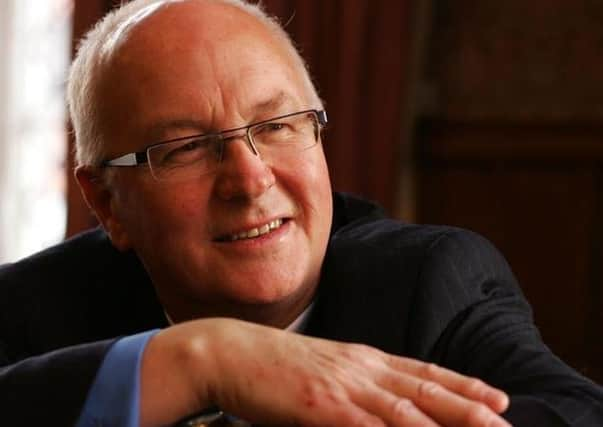THOUGHT FOR THE WEEK: Not THAT Homer...


Host Ben Shephard asked a contestant, ‘In his epic poems, Homer often refers to nectar as the drink of the gods and which other substance as their food?’
Dom, a teacher from Manchester answered confidently ‘I know he likes doughnuts. I think I’ll go with doughnuts please’.
Advertisement
Hide AdAdvertisement
Hide AdBen Shepard struggled to conceal his amusement, and the other contestant chipped in saying she would have given the same answer. Then Dom suddenly realised how mistaken he had been, admitting, ‘We’ve got the wrong Homer. It’s not Homer Simpson, it’s the author Homer’.
Homer, was a legendary Greek poet who lived 800 years before Christ. ‘The Iliad’, one of his great epic poems tells of the siege of Troy and the story of the wooden horse, while another ‘The Odyssey’, relates the wanderings of Odysseus after the fall of Troy. The title of his masterpiece lives on in Belfast’s entertainment complex.
While his writings are nowadays viewed as classics, the blind minstrel was barely appreciated in his own day. A couplet from the seventeenth century runs; ‘Seven wealthy towns contend for Homer dead, Through which the living Homer begged his bread’.
A dramatist called George Chapman translated Homer’s work into English in 1597. Fully two centuries later, 1815, the young John Keats and a friend spent an evening reading Chapman’s translation.
Advertisement
Hide AdAdvertisement
Hide AdIt was an eye-opening experience, and led Keats to write his famous sonnet, ‘On first looking into Chapman’s Homer’. He conveyed his astonished delight in the line, ‘Then felt I like some watcher of the skies, When a new planet swims into his ken’.
At the end of Book Week, it’s good to remember the impact that a book can make. William Grimshaw was rector in the Yorkshire village of Haworth, made famous by its association with the Bronte family. After years of personal and spiritual struggle, he found a new love for the Bible. He told a friend that ‘if God had drawn up his Bible to heaven, and sent him down another, it could not have been newer to him’.
Sir Walter Scott also acknowledged the importance of the greatest book, the Bible. Lying on his deathbed at Abbotsford in the Scottish Borders, he asked his son-in-law Lockhart to read to him.
‘What book shall I read from?’ asked Lockhart.
‘There is but one book’, said the ailing author, and Lockhart read to him from the New Testament, and Jesus’s comforting words, ‘In my Father’s house are many mansions’(John 14;1). It was what the dying man needed. There is no book to compare, and no Saviour like the One of whom it tells.
Get reading!